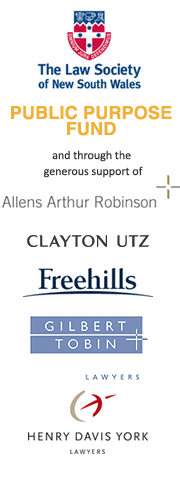Attempts to restrain the press
A penal colony establishing a free press was viewed as highly dangerous by the Secretary of State for the Colonies, Earl Bathurst. His concern was that unbalanced writings would have an adverse influence on unbalanced minds:
It is however impossible not to perceive, from the most cursory examination of [newspapers published in New South Wales], that the entire exemption of the Publishers from all restraint of the local Government, must be highly dangerous in a Society, of so peculiar a description.
(Earl Bathurst to Governor Darling, 12 July 1825, Manuscript, A748)
Bathurst proposed measures to restrict the freedom of the press.
> Read Bathurst's instructions to Governor Darling
In Van Diemen's Land (now Tasmania), the colonial government proceeded to introduce a license requirement for all newspapers printed. Persons were prohibited from publishing a newspaper without first obtaining a license from Governor George Arthur. A penalty of 500 pounds was instituted for those who broke this law.
Governor Ralph Darling delayed taking similar action in New South Wales, until criticisms published in the Monitor and the Australian provoked him to submit copies of the Van Diemen's Land Bills to Chief Justice Francis Forbes. The consequence, according to Forbes, was that '... any difference of opinion is considered opposition to authority'. (Forbes to Wilmot Horton, 1 June 1827, Manuscript, A748)
> Read more about licensing newspapers
Governor Darling attempted to legislate despite opposition from Chief Justice Forbes.




